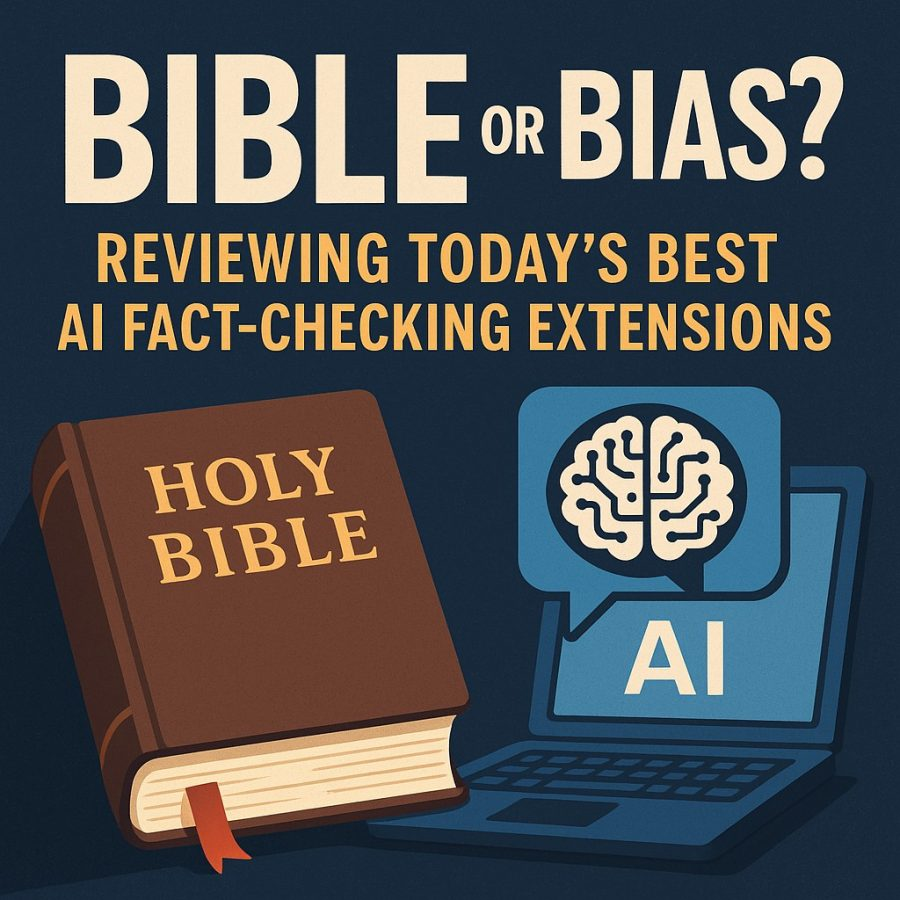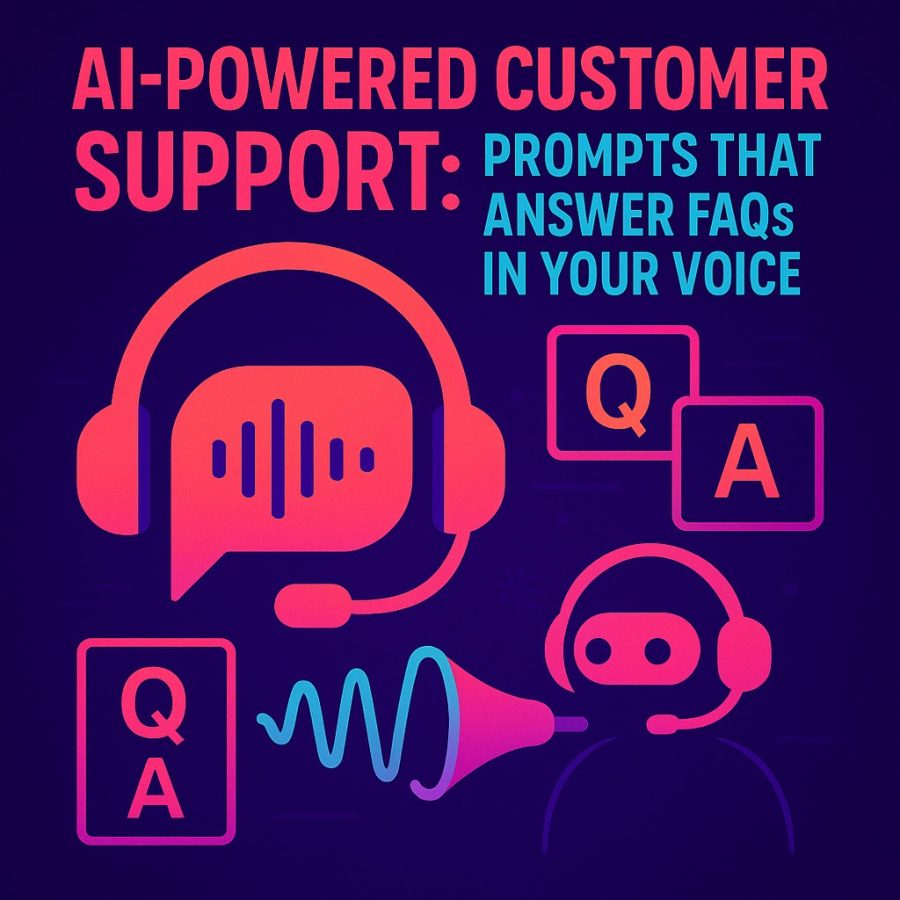Views: 0
🧠 Truth or Twist: Can AI Help Us See the Facts?
You’re scrolling through your feed. A post pops up claiming a celebrity just bought a country, a politician did something “unforgivable,” or a new law will ban tacos on Tuesdays. Sounds wild but is it true?
Before you can even type “Is this real?” into Google, a little icon on your browser flashes: Fact-Check in Progress. Seconds later, it breaks it down what’s true, what’s misleading, and what’s just plain fiction.
Welcome to the new age of AI-powered fact-checking extensions, where artificial intelligence helps you separate Bible-worthy truth from bias-driven spin without leaving your tab.
But can we really trust bots to filter truth in an age of deepfakes, misinformation, and algorithm-fed echo chambers? Are these extensions helping us or just choosing their favorite “truth”?
Let’s break down today’s top tools and find out if they deserve a spot on your browser… or if they’re just another bias-in-disguise.
🔍 What Is an AI Fact-Checking Extension?
Think of it as a real-time research assistant that lives in your browser. It reads the content you’re viewing whether it’s a news article, social media post, or even a comment thread and cross-references it with verified sources, public databases, and reputable news to determine accuracy.
With natural language processing (NLP) and machine learning, these tools analyze:
- Factual claims
- Tone and bias
- Source credibility
- Consistency with known data
And then? They give you a quick rundown: ✅ True, ❌ False, ⚠️ Misleading, or 🤷♂️ Unverified.
🧰 The Top AI Fact‑Checking Extensions in 2025
We tested, reviewed, and side-eyed the leading AI fact-checking extensions of the year to see who’s genuinely cutting through the noise and who’s just adding another filter.
1. NewsGuard
- Platform: Chrome, Safari, Edge
- Vibe: Journalist-verified + AI assisted
- Unique Feature: Nutrition labels for news sites
NewsGuard combines real reporters with AI tools to rate the trustworthiness of news websites. When you visit a site, it overlays a green, yellow, or red icon with a full “Nutrition Label” breakdown:
- Ownership transparency
- Journalistic standards
- History of publishing misinformation
Bonus: It integrates with ChatGPT and Bing to filter out content from untrustworthy sites before you get an answer.
“It’s like Yelp for news but with actual receipts.”
2. Fakey AI
- Platform: Chrome extension
- Vibe: Fast, crowd-trained AI
- Unique Feature: Claim highlight + instant context
Fakey AI doesn’t wait for you to ask it highlights suspicious claims in red as you scroll and offers links to supporting or refuting evidence. It learns from how users rate and interact with claims, improving over time.
Think: pop-up detective sidekick, not full-blown article analyst.
Pro Tip: Best for Twitter/X, Reddit, and real-time social feed scanning.
“Like Clippy but instead of Microsoft Word, it’s keeping you from sharing hot garbage.”
3. SurfSafe
- Platform: Chrome
- Vibe: Image & meme verifier
- Unique Feature: Reverse-checks visuals with AI
SurfSafe is perfect for the meme war battlefield. It scans images and reverse-checks them against a massive visual database to detect:
- Doctored images
- AI-generated fakes
- Recycled memes with false context
Hover over an image and it’ll tell you if it’s been fact-checked and what other sites it appears on.
“Finally, something that snitches on fake memes without killing the fun.”
4. Google Fact Check Tools + AI Integration
- Platform: Google Search + Chrome AI Labs
- Vibe: Subtle but powerful
- Unique Feature: AI-summarized claim reviews
Google has amped up its Fact Check Explorer and is now integrating AI summaries right into search. When you search a controversial claim, Google’s AI highlights:
- Original fact-checking sources
- Whether the claim is true, false, or disputed
- Context from experts and researchers
Combined with Search Generative Experience (SGE), it auto-suggests reliable sources and tags suspicious sites with caution flags.
“It’s like Google decided to grow a conscience.”
5. Logically AI
- Platform: Web app + browser extension
- Vibe: Journalistic AI with receipts
- Unique Feature: Full claim breakdowns + citation links
Logically AI runs your content through a multi-layered engine that checks for:
- Propaganda patterns
- Factual contradictions
- Bias indicators
- Extremist phrasing
It’s like an AI fact-checking seminar with charts, timelines, and everything cited. You can also use it to debunk claims you paste in manually.
“For anyone who argues on Facebook like it’s a Supreme Court trial.”
⚖️ The Big Question: Can AI Really Be Unbiased?
Now let’s address the elephant in the chat room.
Even the smartest AI learns from human data and humans have opinions. So yes, bias can creep in, especially when:
- AI models are trained on partisan content
- Extensions are funded by media groups or political orgs
- Source selection favors certain outlets over others
Red Flag Checkpoints:
- Does the extension clearly label why it rates something as false?
- Can you see their source list?
- Does it allow alternative views or user rebuttals?
- Is it funded by advertisers or politically aligned partners?
Transparency is key. The best tools are open about how they rate content and let you see the receipts.
“AI can help us get closer to the truth but we still need to ask the hard questions.”
🧪 How to Test a Tool’s Reliability (And Not Get Played)
Want to make sure your fact-checking extension isn’t just playing referee for one team? Run this test:
- Paste a widely debated claim from both a left-leaning and right-leaning source.
- Compare how the extension rates each claim.
- Review the sources it references.
- Check for patterns over time.
The more you experiment, the better you’ll know if your “truth filter” is Bible-level solid… or just bias in incognito mode.
🧠 Final Thoughts: Bible or Bias?
We live in a wild info jungle. Social media is a headline blender. News is fast, messy, and often manipulative. So having AI-powered fact-checking extensions in your browser? It’s not just convenient it’s essential.
The good news? These tools are getting smarter, faster, and more user-focused. The best ones don’t tell you what to think they show you what to ask, what to check, and what to dig deeper on.
The bad news? No tool is 100% bias-free. But when used wisely, they become your digital compass pointing toward a better-informed version of yourself.
So, Bible or bias? The answer depends on how you use the tools. Question everything. Demand receipts. And let AI give you the edge in a world where the truth is often just a headline away from being misunderstood.





